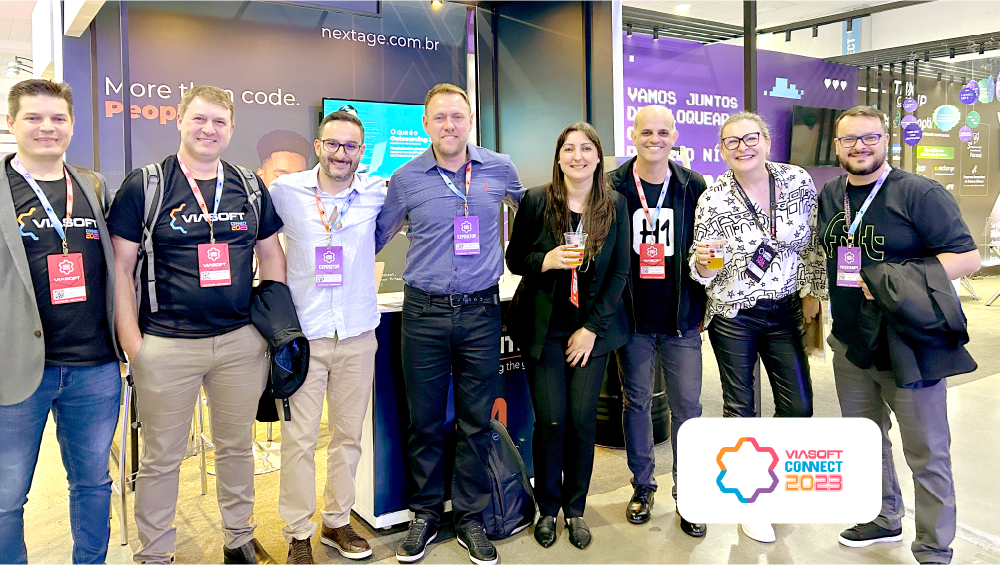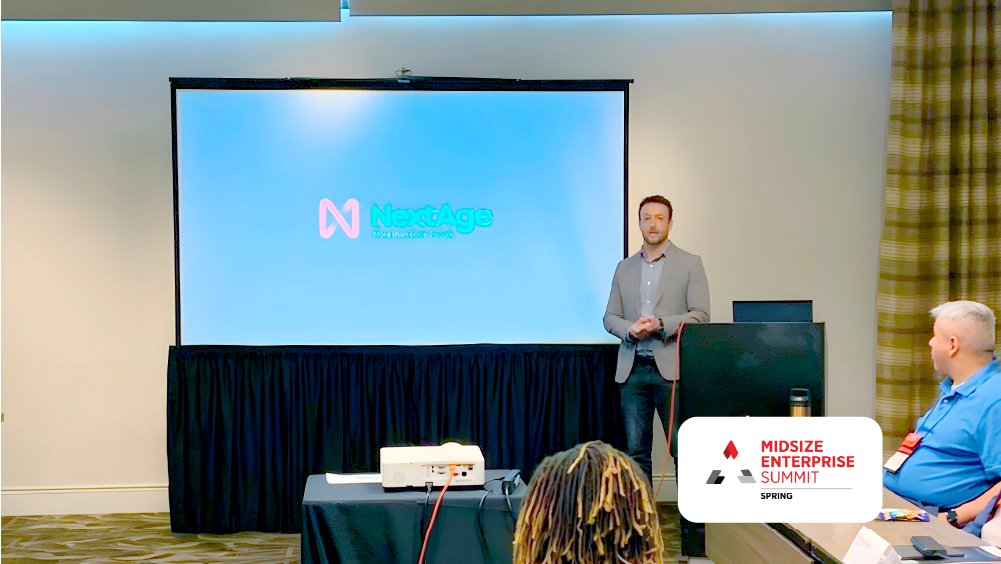How NextAge is Positively Impacting the Job Market

Higher education dropout is a significant issue that affects educational institutions, students, and society as a whole. In 2023, the dropout rate in public and private networks reached 57.2%, according to the Higher Education Map in Brazil 2024, conducted by Instituto Semesp.
Several factors contribute to this issue, including financial difficulties, lack of adaptation to the university environment, and personal and academic problems. The high dropout rate from higher education courses results in a loss of talent, investments, and opportunities, compromising the country's economic and social development.
The Role of Technology Companies
Technology companies play a crucial role in reducing dropout rates in higher education by creating innovative solutions and strategic use of technology, along with actions that directly impact the daily lives of students and teachers. This is exemplified by the positive influence of NextAge at the Federal Institute of Paraná in Paranavaí.
Marcelo Figueiredo Terenciani, a master in Computer Science with an emphasis on Software Engineering from UFMS and a professor in the Software Engineering course, states: "Compared to other courses offered at IFPR, Software Engineering has the lowest dropout rate, and the demand for professionals in this field in Paranavaí plays a very important role in this."
The company has been headquartered in the city since 2020, promoting actions and activities in partnership with local companies and institutions, conducting lectures and courses that open new horizons for students and professionals in the field.
"Seeing the company present at various events allows students to envision future career prospects. Additionally, many IFPR students work at NextAge, and their interaction with other students is extremely enriching," Marcelo adds.
Next Steps
Juliano Haus, director of NextAge, reinforces that this partnership yields good results for both sides. In addition to strengthening the ecosystem with new professionals, it ensures solid education and the development of local businesses. Investing in education is investing in the future, and collaboration between educational institutions and the technology sector is fundamental to achieving this goal.
"We are pleased and optimistic about these partnerships and being a bridge between the classroom and the job market. We are present in several cities in Paraná and plan to further expand these initiatives, boosting the economy and training qualified professionals," Juliano comments. Besides Paranavaí, NextAge has offices in the cities of Guarapuava, Maringá, and Curitiba.
Higher education dropout is a complex challenge that requires multifaceted solutions. Technology companies, with their innovations and resources, have the potential to transform the educational landscape, providing crucial support for more students to complete their courses.
Highlighted


